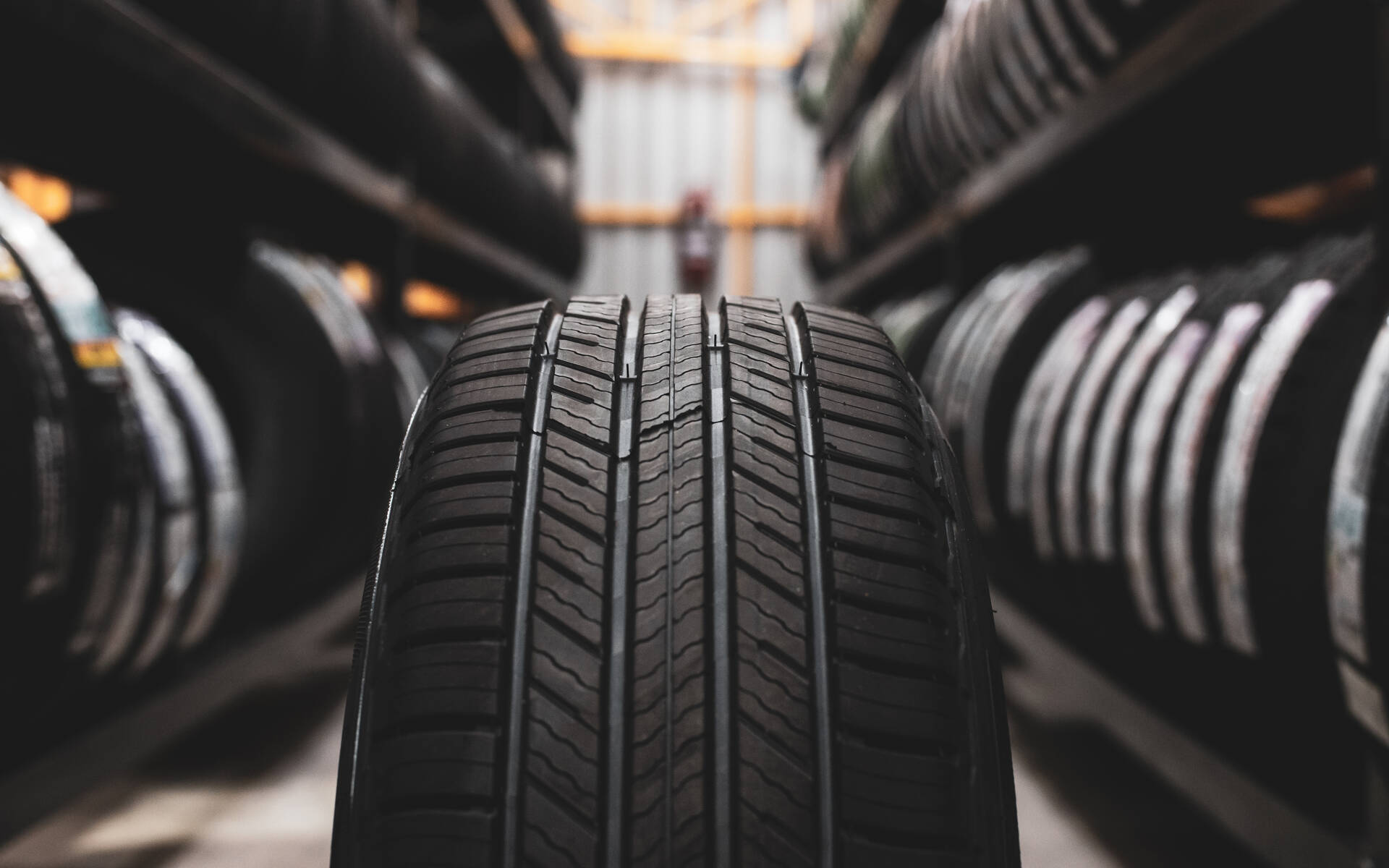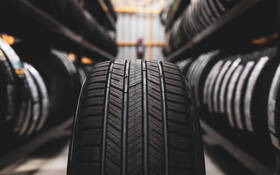Best Summer and All-Season Tires for 2024: Top Picks and Recommendations
Need some new summer or all-season tires for your car or SUV? Given the extremely wide selection of models on the market, it’s easy to get lost.
Whether you’re taking your time to shop around or making a last-minute decision, remember that the price is only one factor to consider. Grip, ride quality, noise and durability are also important. It often pays off to spend more money on higher-quality tires and take good care of them than buying cheap tires from lesser brands and replacing them after a short time. Not to mention you’ll be driving a safer vehicle, too. On that note, don’t hesitate to ask for expert advice from your local tire retailer.
What Are the Best Summer and All-Season Tires?
Just like we did with winter tires a few months ago, our team at The Car Guide has analyzed multiple tire reviews and rankings in order to come up with a short list of the top-rated and best-performing 2024 summer and all-season tires for cars and small-to-midsize SUVs. We may have left out a few models, but those listed below should all appear near the top of your shopping list.
Michelin Pilot Sport A/S 4

One of the best all-season tires for sports cars and other high-performance applications, this Michelin provides exceptional lateral grip thanks to its asymmetrical tread with thicker rubber on the exterior edges. The race-inspired Extreme Silica+ compound plays a key role, and you should know that durability is said to be nearly 30 percent better than the competition. Also to consider: Michelin Defender2 and CrossClimate2.
Bridgestone Potenza RE980AS+

Another tire that’s specially designed with top performance in mind, this extremely well-rated Bridgestone model delivers outstanding traction on all types of roads, dry or wet, ensuring control and safety levels that demanding drivers look for. The shoulder slits and grooves help evacuate water quickly and efficiently. The tread’s durability is hard to beat in the segment.
Pirelli Cinturato P7 All Season Plus II

A benchmark when it comes to all-season tires, here we have a Pirelli that’s mainly designed for SUVs and premium sedans, combining performance with smooth ride quality in a way that few others do. The latest generation features a new polymer compound with extra silica, resulting in higher grip levels. Check out the four deep circumferential grooves and ultra-dense lateral sipes for efficient water evacuation and high stability. Also to consider: Scorpion Zero All Season Plus and P4 Persist Plus.
Continental ExtremeContact DWS 06 Plus

The name is fitting: Continental’s top summer tire does an extremely good job of maintaining contact with the road or the track, whether you’re driving a car or SUV. Using SportPlus technology and a highly refined, asymmetrical tread design, it’s known for offering even more precise handling and shorter braking distances than its predecessor. In fact, braking performance is one of this tire’s main attributes. Also to consider: Pure Contact LS.
Yokohama Advan Sport A/S

One more suggestion? Try this Yokohama, which is hailed for its surprising durability and remarkable performance. Like most others, it features an asymmetrical tread design, but more importantly an innovative compound called HS-2 that optimizes the tire’s contact surface with the road and ensures better maneuverability along with significantly shorter braking distances. The extra wide blocks on the outside surface contribute to outstanding stability in corners. Also to consider: Avis Ascend GT.
Winter Tires vs. All-Season Tires: What’s the Difference?
You might be thinking: can I just leave my winter tires on through the spring or even longer to save the trouble of switching to another set of tires? Well, know this: winter tires are designed with a special compound that remains flexible at low temperatures (7°C or lower) but deteriorates a lot faster in hot weather. You can expect accelerated wear and maybe even a blown tire. Furthermore, winter tires have a higher rolling resistance on dry pavement that results in a noisier ride and reduced fuel economy.
Then there’s the issue of braking distances. CAA has conducted tests at 20°C and found that a vehicle driving at 100 km/h on a wet road needs 93.8 metres to stop when fitted with winter tires but just 74.3 metres when riding on all-season tires. Think about that.
In short, switching from winter tires to summer or all-season tires when temperatures return to 7°C or higher is a sure-fire way to enjoy a safer and more comfortable driving experience while saving money in the process.











